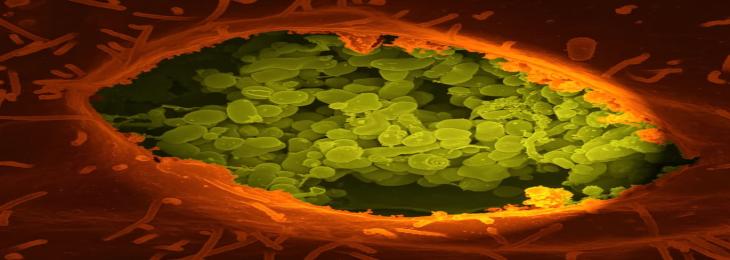Oct, 2021 - By WMR

A new study found that specific type of gut bacteria hoard consumed drugs restricting their efficiency.
There are numerous bacteria found in the human gut that affect health and illness. These bacteria differ from person to person and cause different conditions like obesity, mental health, and immune response. A study lead by a team of scientists from European Molecular Biology Laboratory (EMBL) and the University of Cambridge showed that certain species of gut bacteria accumulate quantities of therapeutic medications and potentially lower their effectiveness. The research studies mainly 15 most commonly used oral medications and their connections to 25 usual strains of gut bacteria.
The human gut is home to communities of hundreds of species of bacteria, called the gut microbiome. Previous studies have found that some of the gut bacteria affect the efficiency of common diabetes drugs and some increase toxicity of chemotherapy and some boost the beneficial effect. In this new study, the team cultivated 25 commonly found gut bacteria and tested their interaction with 15 medications that are commonly consumed orally. The chosen drugs were a range of various kinds of common medications, which included antidepressants that are known for their varying effects in every individual and aftereffects that cause gut problems and weight gain. From total 375 bacteria-drug tests, the team found 70 interactions between the drugs and the bacteria, out of which 29 were never reported before. Where some of the earlier research found that bacteria can chemically moderated drugs, this new study found that in 17 out of 29 interactions, the drugs were not modified but stocked up within the certain type of bacteria.
Overall, the research found that bioaccumulating bacteria were able to take in enough amount of particular drug molecules which affects a drug’s efficacy. The team claims that there is still more to learn about interaction of gut bacteria and therapeutic drugs and that the intricacy of such interactions creates challenges for wide clinical translations.

We will be happy to help you find what you need. Please call us or write to us: